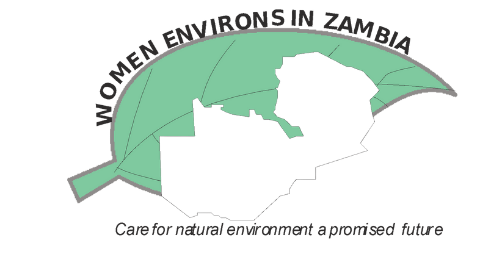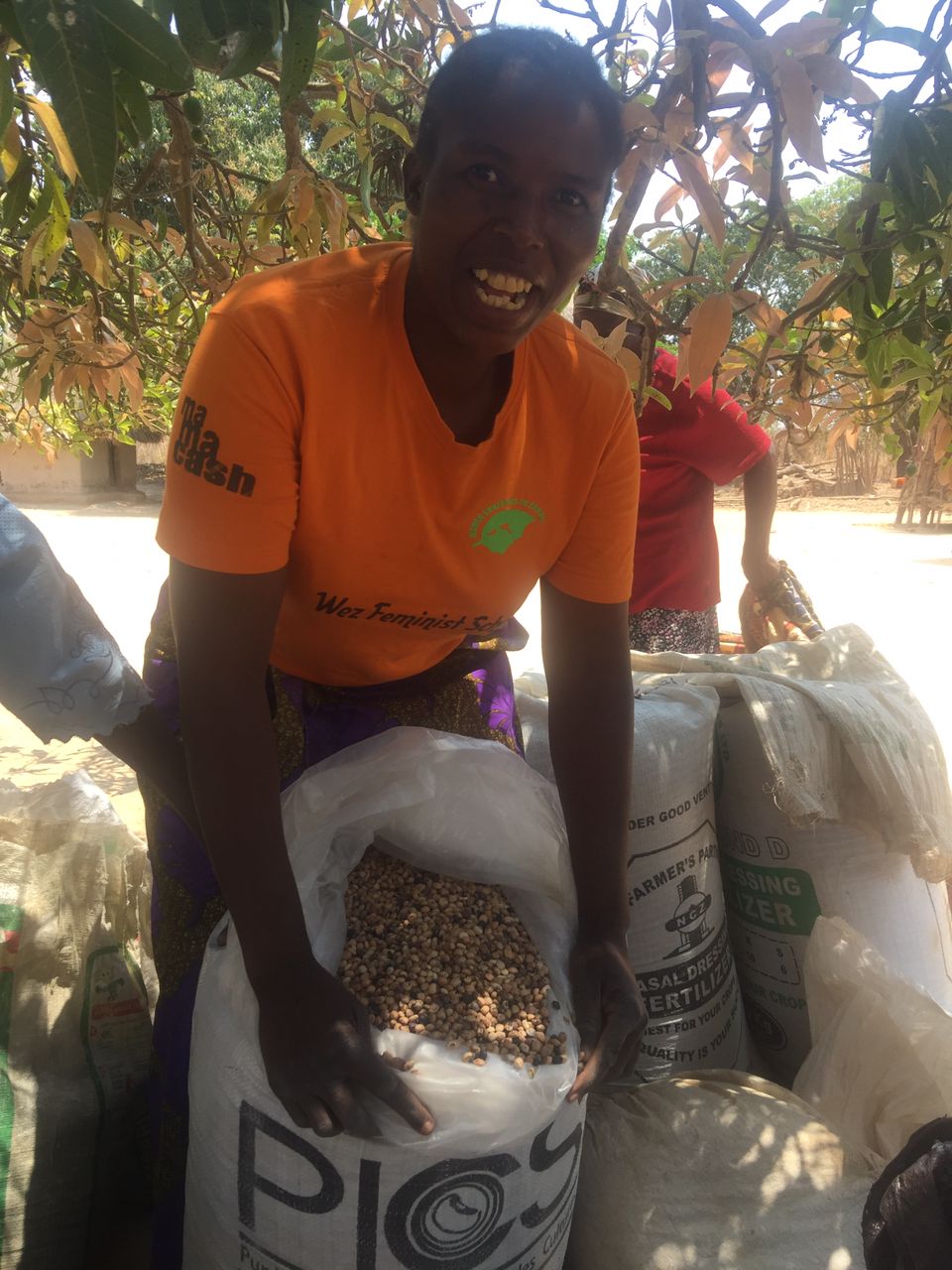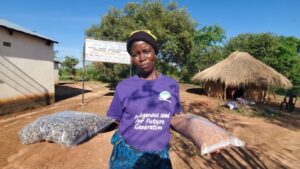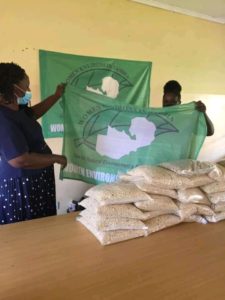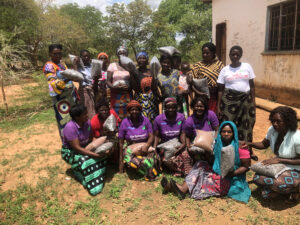It is important for people to incorporate indigenous foods into their diet for various reasons. Indigenous foods are one of the most critical components in preserving food security and nutrition. Women Environs in Zambia (WEZ) promotes the preservation and incorporation of indigenous food into the diet of communities. Indigenous foods such as sorghum and millet are ideal substitutes in areas affected by droughts and floods due to their resistance to changing weather patterns. Additionally, these foods are locally adapted, making them less likely to damage the environment than other foods.
Indigenous foods are important to our health as they are often rich in essential nutrients. Studies show that indigenous foods are generally high in fiber, vitamins, minerals, and proteins. They also have a better nutrient profile when compared to some of the processed foods that dominate the Western diet. Furthermore, indigenous foods are low in fat, sodium, and sugar, providing benefits for those with diabetes, hypertension, and other medical conditions.
In addition to providing essential nutrition, indigenous foods can play an important role in preserving our culture and traditions. Many indigenous foods and recipes date back centuries and are closely linked to the customs and practices of the people and their environment. This makes it essential for us to carry them forward and continue to share these traditions with the younger generations.
In conclusion, indigenous foods offer numerous benefits. They are resistant to changing weather patterns, have a better nutrient profile than most processed foods, and are important to preserving our culture and traditions. WEZ encourages individuals and communities to preserve and incorporate indigenous foods into their diets to reap the many benefits they offer. By doing so, we can ensure food security and nutrition, while preserving our culture and promoting sustainable practices.
